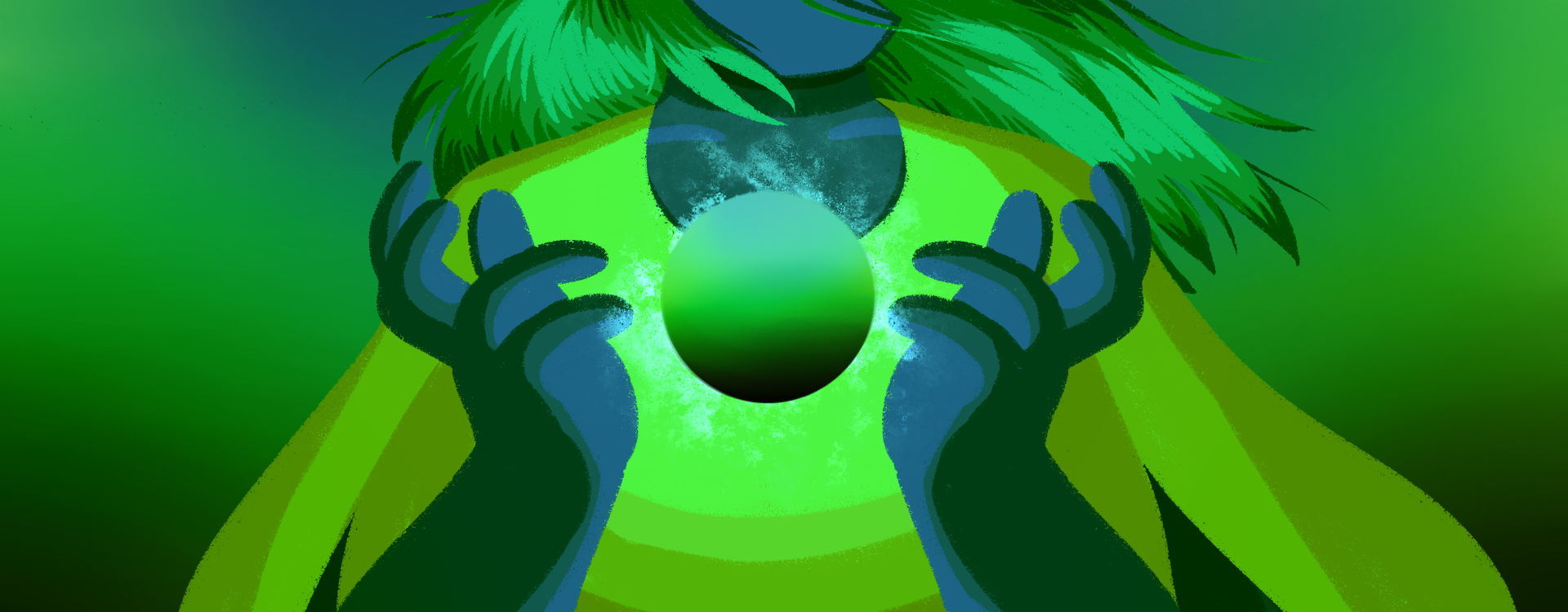Mage Council
It's fascinating that the Mage Council gets anything done, considering half its members are multiply employed, and that most of them don't come from any background in politics. It's a testament to... something, I suppose.The Mage Council is the supreme governing body in Üükabwi-adh, responsible for writing legislation. While not technically an executive body, some of its members are employed in the office of the Grand Mage to handle executive powers on their behalf.
History
At Üükabwi-adh's founding in 11 Plenty, the Mage Council did not exist as an official body. At this time, it was simply a group of powerful mages brought on by the first Grand Mage to advise her, and to whom she could delegate her duties of statecraft. Her successor would be hand picked by her from this small group, and similar informal arrangements would continue for the reigns of the first Grand Mages. The need for an officially defined body and process of succession became necessary in early Reconciliation, as the abrupt death of the Grand Mage left the group to bicker among themselves. The winner of that conflict, Ainaike Dhilvarrz, used her new power to create the Mage Council in 11 Reconciliation, and defined her successor as being whichever member had been on the council the longest. As all the members had been on this new council for the same amount of time, she manually defined an order of succession among the ministers, with the tenure-based system to kick in once all the council's founding members had retired. The council at this time was still a manually assembled body, requiring the Grand Mage to nominate people to the position. Rather than institute the democratic elections which were beginning to appear in neighbouring countries at that time, Grand Mage Thenaiyü Biiyangoibän instead chose to bolster their council's ranks with military and educational personnel, trusting that they would collectively have the knowledge to pass suitable legislation. They would additionally permit the family's of past and present Grand Mages to send a single representative. Manual nominations remained vital for the Council long after its pool was extended through these means, particularly in the wake of The Collision and during the Era of Famine, with both disasters dramatically thinning the ranks of the Council. In both instances, the Grand Mage and their Council would nominate individuals en-masse to refill empty seats, as well as instituting many changes to how ministers were added. In the former, the eligibility of descendants of Grand Mages was extended, allowing for more generations of descent to seek to represent their family. In the latter, changes were made to allow for the holders of certain military and civilian awards of heroism to sit on the council. During the Famine, "hereditary" eligibility was extended to include the descendants of both Grand Mages and those who served under them directly as part of their executive office, however this expanded eligibility would later be renounced under Grand Mage Yuvakiib Guldthaapuk. There have been calls in recent years to re-expand this eligibility, or else to introduce limited elections to both better bolster the Council against future population shocks, as well as to diversify the fields and knowledge of its members. Those asking for elections have particularly cited the short and "pointless" Mage War of 12 Return as a reason to introduce them, as the un-democratic Council started the conflict and resulted in Üükabwi-adh's ejection from the North West Pact.Composition
The Mage Council comprises 90 ministers as of 39 Return. There are multiple ways in which to become a minister, none of which are directly responsible to the public. These methods include:
Type
Governmental, Senate/Parliament
Parent Organization






Comments